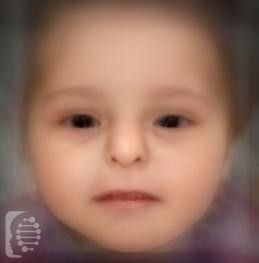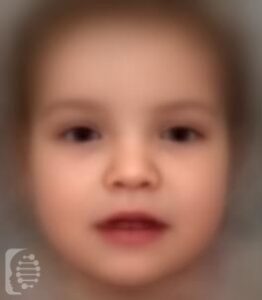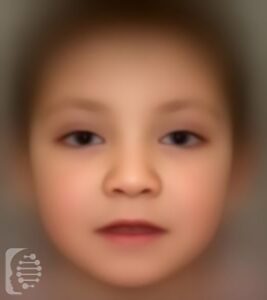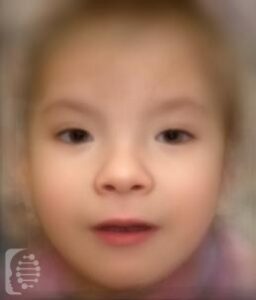
Intellectual Developmental Disorder, X-Linked, Syndromic, Cabezas Type (MRXSC)
Intellectual Developmental Disorder, X-Linked, Syndromic, Cabezas Type is a syndrome characterized by intellectual disability and developmental delay. This syndrome is also known as:Cabezas Syndrome Mental Retardation, X-linked, Syndromic 15; MRXS15 Mental Retardation, X-linked, with Short Stature, Hypogonadism, and Abnormal Gait; Mental Retardation, X-linked, with Short Stature; MRSS The syndrome is caused by a mutation in […]






